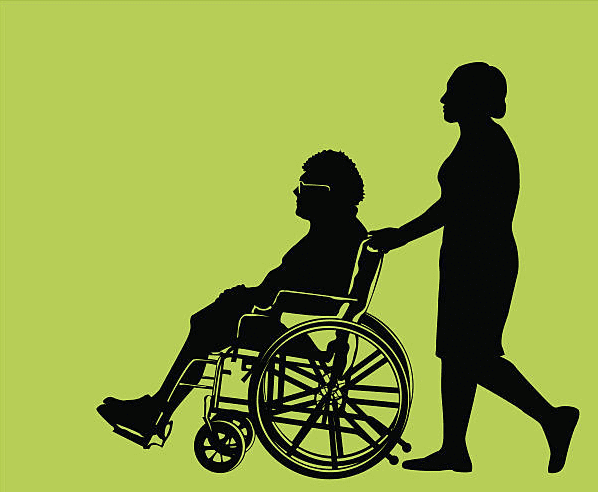Remi Alli
United States

Did you know that under current laws in the United States, if you deliver medical marijuana, there is a chance you could land in jail? In some states, a caregiver can be found guilty of illegal possession of marijuana even if it has been approved for medical use.
State medical marijuana acts1 authorize residents suffering from debilitating medical conditions to use small amounts of marijuana without fear of civil or criminal penalties. To be eligible, these residents must obtain a written statement from their physician and a registry identification card from their Department of Human Services. A primary caregiver must be identified on the application sent to the Department of Human Services in order for their handling of marijuana to be legally valid. Once the application is accepted, registry identification cards are issued to both the authorized medical marijuana patient and to the designated caregiver.
Governing state statutes, such as those of Oregon, hold that a registry identification cardholder must possess the card when using or transporting marijuana in a location other than the cardholder’s residence.2 At the time of an arrest on the grounds of illegal possession of marijuana, this card serves as proof that the caregiver or receiver is not in violation of the law. Likewise, several state courts have held that if a medical marijuana patient chooses to list a primary caregiver, it must be made before the possession or attempted possession charge is made. Therefore, a caregiver cannot provide a sufficient defense if their patient fails to register them as their primary caregiver in a timely manner according to state law requirements.
Under certain state laws, “possession” does not solely refer to ownership and involves physically handling or exercising control of property. Providing sufficient evidence that the caregiver has lawful “possession” or “control” of the medical marijuana is key.
References
- Oregon Revised Statutes. “Chapter 475C — Cannabis Regulation,” Oregon State Legislature, 2021. See ORS 475C.300, 309, and 312. https://oregonlegislature.gov/bills_laws/ors/ors475C.html.
- ORS 475C.306.
REMI ALLI, JD, MS, holds a master’s degree in health law, and in working with Brāv, the premier online platform to manage conflicts (brav.org), has been featured in such journals as Money, Time, and U.S. News & World Report. She is a national legal award winner through the American Judges Association in a health-related subject and is a professor of international business and economics at the MBA level.

Leave a Reply